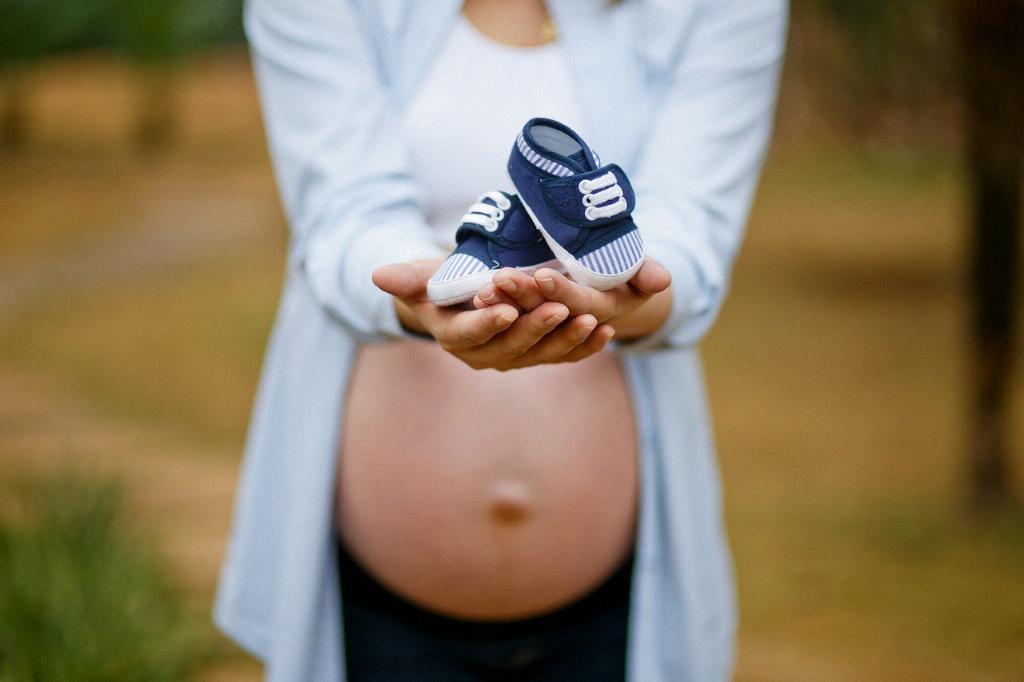Protecting your pregnancy from the risk of miscarriage is a crucial aspect of ensuring the health and well-being of both you and your baby. While miscarriages can occur due to various factors beyond anyone’s control, there are steps you can take to minimize the chances of experiencing a miscarriage.
Healthy Lifestyle Choices
One of the most effective ways to protect your pregnancy from miscarriage is by adopting a healthy lifestyle. This includes refraining from drinking alcohol and using illegal drugs, both of which can significantly increase the risk of miscarriage. Eating a nutritious and well-balanced diet is also essential, ensuring you consume at least five portions of fruits and vegetables daily to provide essential nutrients for your developing baby.
Prevention of Infections
During pregnancy, it is crucial to take precautions to avoid certain infections that can potentially lead to miscarriage. For instance, preventing conditions such as rubella through vaccination before becoming pregnant can significantly reduce the risk of miscarriage. Additionally, practicing good hygiene and avoiding exposure to individuals with contagious illnesses can help safeguard your pregnancy.
Dietary Restrictions
Some foods can pose a threat to your pregnancy, potentially causing harm to your unborn baby and increasing the risk of miscarriage. It is essential to be mindful of the foods you consume during pregnancy, avoiding items such as unpasteurized dairy products, raw or undercooked meats, and fish high in mercury content. By adhering to dietary restrictions and making informed choices, you can help protect your pregnancy from potential risks.
Regular Prenatal Care
Attending regular prenatal care appointments is essential for monitoring the progress of your pregnancy and addressing any potential concerns promptly. Your healthcare provider can offer guidance on maintaining a healthy pregnancy, including advice on nutrition, prenatal vitamins, and lifestyle choices that promote fetal well-being. By staying vigilant and seeking medical guidance when needed, you can help protect your pregnancy from complications that may lead to miscarriage.
Managing Stress Levels
High levels of stress can have adverse effects on your pregnancy, potentially increasing the risk of complications, including miscarriage. It is crucial to prioritize self-care and implement strategies for managing stress, such as practicing relaxation techniques, engaging in gentle exercise, and seeking support from loved ones. By maintaining a calm and positive mindset, you can create a nurturing environment for your developing baby and reduce the likelihood of miscarriage.
Avoiding Environmental Toxins
Exposure to environmental toxins can pose a threat to your pregnancy, potentially leading to complications that increase the risk of miscarriage. It is essential to be mindful of your surroundings and minimize exposure to harmful substances, such as cigarette smoke, household chemicals, and pollutants. By creating a safe and toxin-free environment, you can protect your pregnancy and support the healthy development of your baby.
Understanding Genetic Factors
Genetic factors can play a role in the occurrence of miscarriage, impacting the viability of the fetus and the overall health of the pregnancy. It is essential to be aware of any genetic predispositions that may increase the risk of miscarriage and seek genetic counseling if needed. By understanding potential genetic factors and taking appropriate measures, you can address underlying concerns and mitigate risks to protect your pregnancy.
Staying Active and Fit
Engaging in regular physical activity during pregnancy can have numerous benefits for both you and your baby, promoting overall health and well-being. By staying active and maintaining a fitness routine tailored to your pregnancy, you can strengthen your body, improve circulation, and reduce the risk of complications that may lead to miscarriage. It is essential to consult with your healthcare provider before starting any exercise program to ensure it is safe for you and your baby.
Monitoring Fetal Movements
Being attuned to your baby’s movements during pregnancy can provide valuable insights into their well-being and help identify any potential concerns. Monitoring fetal movements regularly and noting any changes or decreased activity can alert you to possible issues that require medical attention. By staying vigilant and seeking prompt evaluation if you notice significant changes in fetal movements, you can protect your pregnancy and ensure the health of your baby.
Creating a Supportive Network
Building a strong support network of family, friends, and healthcare providers can significantly impact your pregnancy journey and help protect against potential risks of miscarriage. Surrounding yourself with individuals who offer encouragement, guidance, and emotional support can alleviate stress, provide reassurance, and enhance your overall well-being during pregnancy. By fostering positive relationships and seeking support, you can create a supportive environment that safeguards your pregnancy and promotes a healthy outcome.
Conclusion
Protecting your pregnancy from miscarriage involves a combination of proactive measures, healthy choices, and attentive care throughout the duration of your pregnancy. By prioritizing your well-being, maintaining a healthy lifestyle, and seeking appropriate medical guidance, you can enhance the chances of a successful pregnancy outcome while minimizing the risk of miscarriage. Remember that each pregnancy is unique, and it is essential to tailor your approach to miscarriage prevention based on your individual needs and circumstances.

